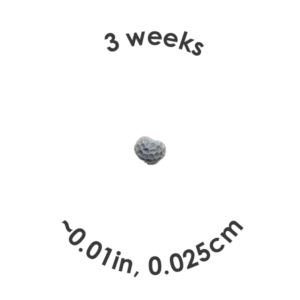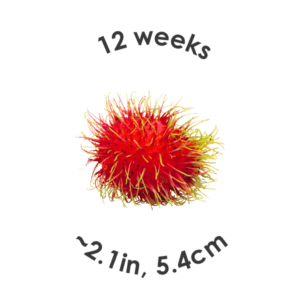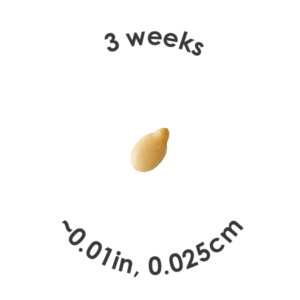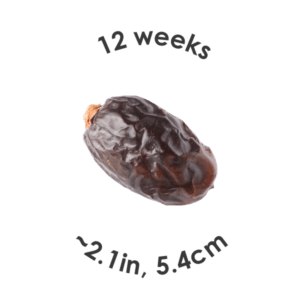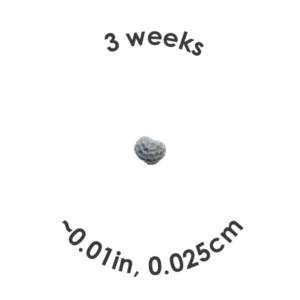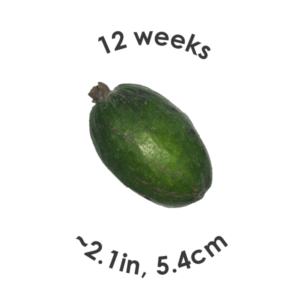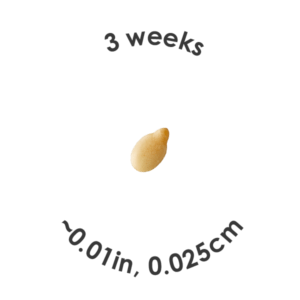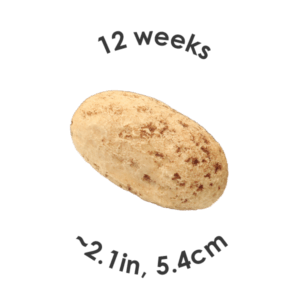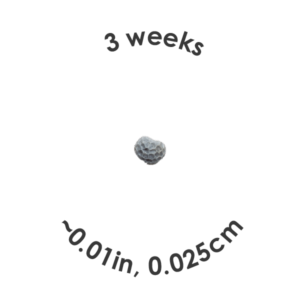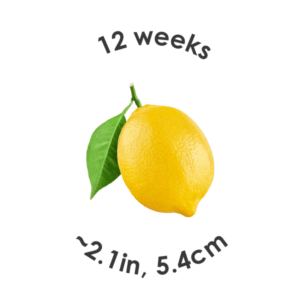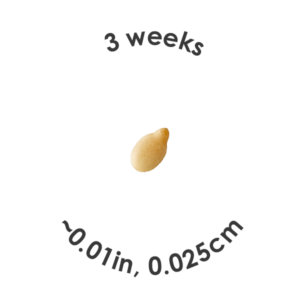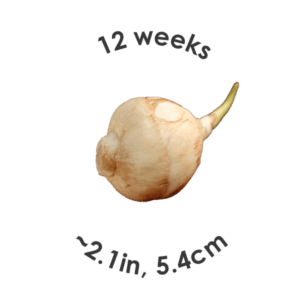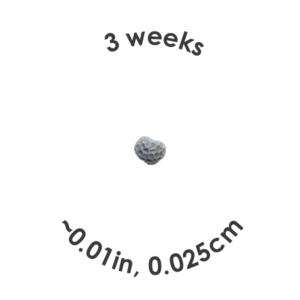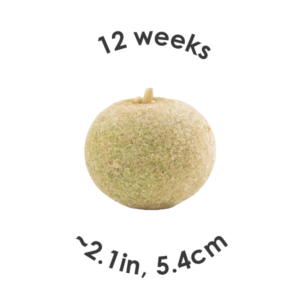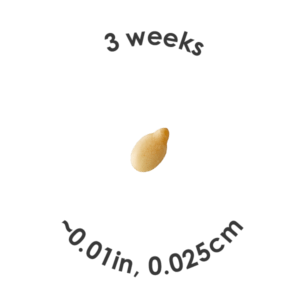Pregnancy Vancouver
Early Pregnancy
You’re pregnant – ¡Felicitaciones!, binabati kita, 恭喜(gong xi) روك! I (Mabrouk). We hope congratulations are in order!
Pregnancy can come with many choices and changes, so knowing what to expect and making informed decisions will help you feel prepared. Remember, your healthcare provider is there to support you every step of the way, along with the awesome resources we're sharing here.


Essentials for Your Early Pregnancy
A quick overview of key milestones, decisions, and health tips for your first trimester. Explore the sections below for more details on what to expect and how to prepare.
Decisions to Make
Confirming Pregnancy
- If your period is late or you have pregnancy symptoms, take a home pregnancy test. (3–4 weeks after last period)
Choosing a Maternity Care Provider or Team
- Decide whether you prefer a Family Practice doctor, Midwife, Interdisciplinary team, or Obstetrician.
- If you have a family doctor who does pregnancy/maternity care, discuss what services they offer and whether they continue care through the birth.
- Some practices also offer group pregnancy care.
Exploring Birth Options
- Consider where you’d like to give birth (hospital, potential home birth with midwife).
Genetic Screening Tests
- Decide if you want genetic screening for the fetus (e.g., blood tests, ultrasound-based screening).
- If yes, choose which tests you’d like to proceed with (timing often 9–13 weeks).
Health Check
3–4 Weeks
After Your Last Period - Visit (Virtual or In-Person) with Primary Care Provider (PCP)
- Confirm your pregnancy; discuss any symptoms.
- Estimate a tentative due date.
- Talk about different types of pregnancy providers and whether you need a referral.
- Get orders for initial blood tests and an early dating ultrasound (usually done between 7-10 weeks).
- Begin discussing vitamins, supplements, or medications.
- If you are using substances including nicotine, marijuana, or alcohol, discuss strategies to reduce or stop.
- Review or start prenatal vitamins and check any medications you’re taking.
Health Check
7–12 Weeks
Visit (Virtual or In-Person) with PCP or Chosen Pregnancy Provider
- Confirm your due date based on the dating ultrasound.
- Provide a detailed personal, family, and medical history.
- Discuss genetic screening options if you haven’t decided yet.
- Obtain requisitions for genetic screening tests, if chosen, and talk about scheduling your 20-week anatomy ultrasound.
- Finalize your choice of midwifery care, family practice pregnancy care, or an obstetrician if you haven’t already.
- Talk to your primary care provider about transitioning to a pregnancy care provider.
Tests and Labs
Routine Blood Tests
- May be done any time in early pregnancy to check overall health (e.g., CBC, blood type, immunity to certain diseases, thyroid, etc.).
Dating Ultrasound
- Typically performed between 7–12 weeks to confirm due date.
Genetic Screening (Optional)
Check need for vaccinations (COVID, influenza)
Lifestyle
Reduce or Stop Harmful Substances
Begin Prenatal Supplements
- Folic Acid 1mg/day helps prevent neural tube defects.
- Folic acid is included in prenatal vitamins.
- Depending on your medical health and certain risk factors, your Primary Care Provider may also offer starting on low dose ASA (ASA 81mg daily)
Daily Movement
- Consider gentle walks, light exercise, or other activities you enjoy. Recommended regular physical activity for adults is 150 minutes of moderate activity per week. If you are too nauseous for this right now, that’s ok!
Healthy Eating
- Eat according to cravings and what you can tolerate for the first trimester.
- Check resources like “My Pregnancy Plate” or local guides for meal ideas.
Learn and Ask About
Genetic Screening Details
- Types of screenings (blood tests, nuchal translucency ultrasound if over age 35, etc.). (link to decision aids and videos)
Birth Care Locations
- Hospital options (e.g., BC Women’s Hospital, St. Paul’s Hospital)—ask about what’s most convenient or aligns with your preferences and where you live.
- If you want to have the option of a home birth, discuss this with a midwife.
Further Information on Substances
Health Resources
- Local websites, apps, or booklets like Baby’s Best Chance, Healthy Families BC, or Pregnancy Vancouver.
Additional Questions
- Write down any questions or concerns to bring up at your next visit.
- Ask about the next steps for screening and ultrasounds.
Decisions and Planning
Early pregnancy can sometimes seem challenging, with so much information and so many choices. Our team of healthcare providers, patients and partners have come together to gather top-rated resources, just for you. We want you to feel supported and empowered throughout.
Decisions and Planning
Planning Your Pregnancy
When it comes to sharing the news of your pregnancy, it’s completely your choice. You get to decide when and how you want to announce it. Remember, there’s no need to rush! You can share the news with people at different times if that feels right. For example, you may want to tell your boss later than your mom or best friend. There’s no right or wrong way to do it and it’s all about what makes you comfortable. You can also talk to your healthcare provider for guidance based on your situation. Trust your instincts and do what feels best for you and your loved ones. We’ve gathered some helpful resources to support you as you plan.

Decisions and Planning
Where to Give Birth in Vancouver
Did you know that Vancouver General Hospital isn’t one of the hospitals where you give birth? Vancouver offers two great hospitals: St. Paul’s Hospital and BC Women’s Hospital. Your healthcare provider and other professionals may discuss your best birth location options based on your maternity care provider and where you live. Take some time to read about the options so you can make an informed choice that feels right for you.
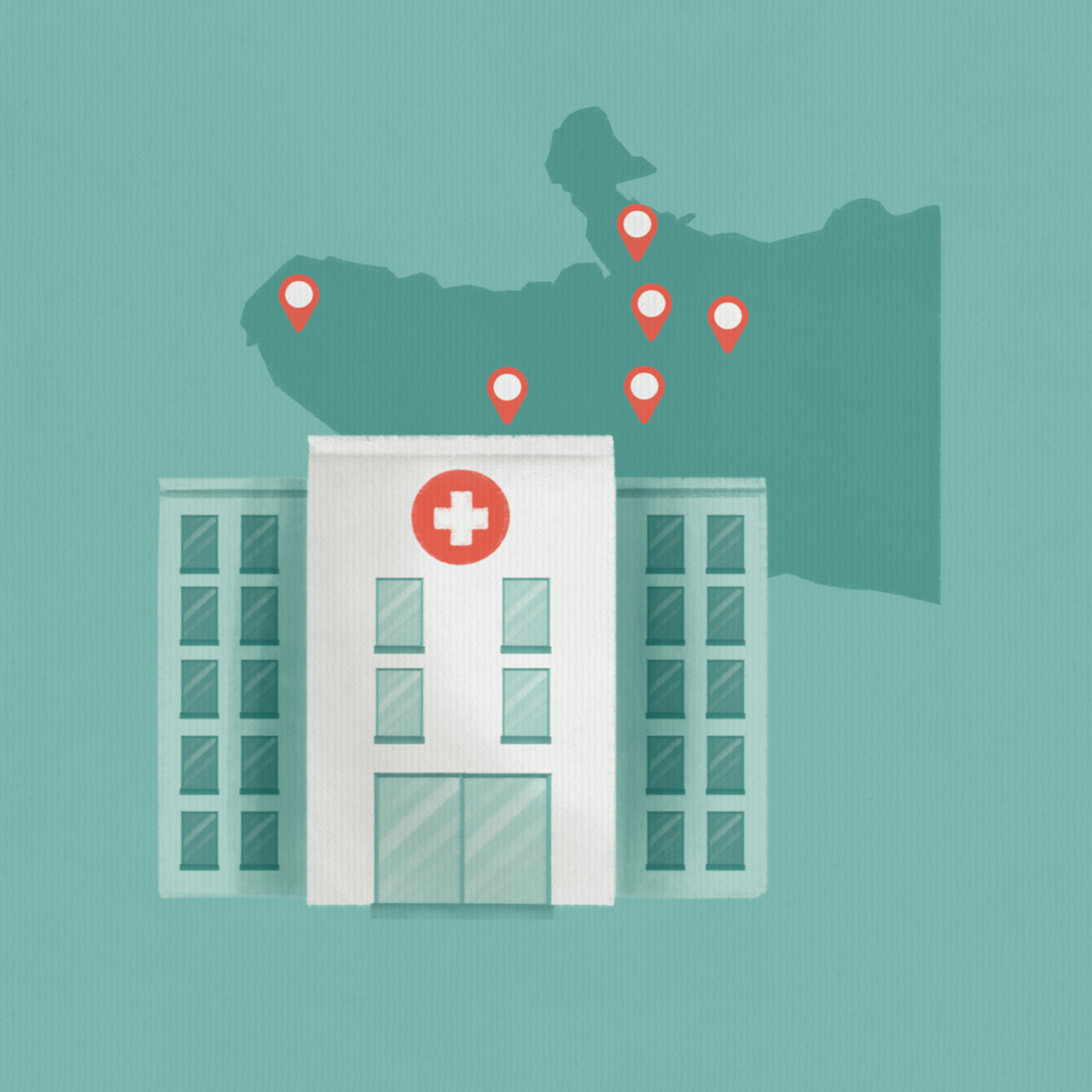
Decisions and Planning
Choosing A Provider for the Birth of Your Baby
Choosing who will be by your side throughout your pregnancy and birth can be a big decision, so it’s best to start thinking about it early on. There are various options available to you in Vancouver. Did you know that in addition to Obstetricians and Midwives, a number of Family Doctors specialize in birth care? It may come as a surprise, but many Family Doctors have specialized skills, experience and passion for caring for pregnant people. Take some time to explore your options and see which one matches your needs. Our website offers information on your options, including a list of Family Doctors who do maternity care, which you can also discuss with your primary care provider.
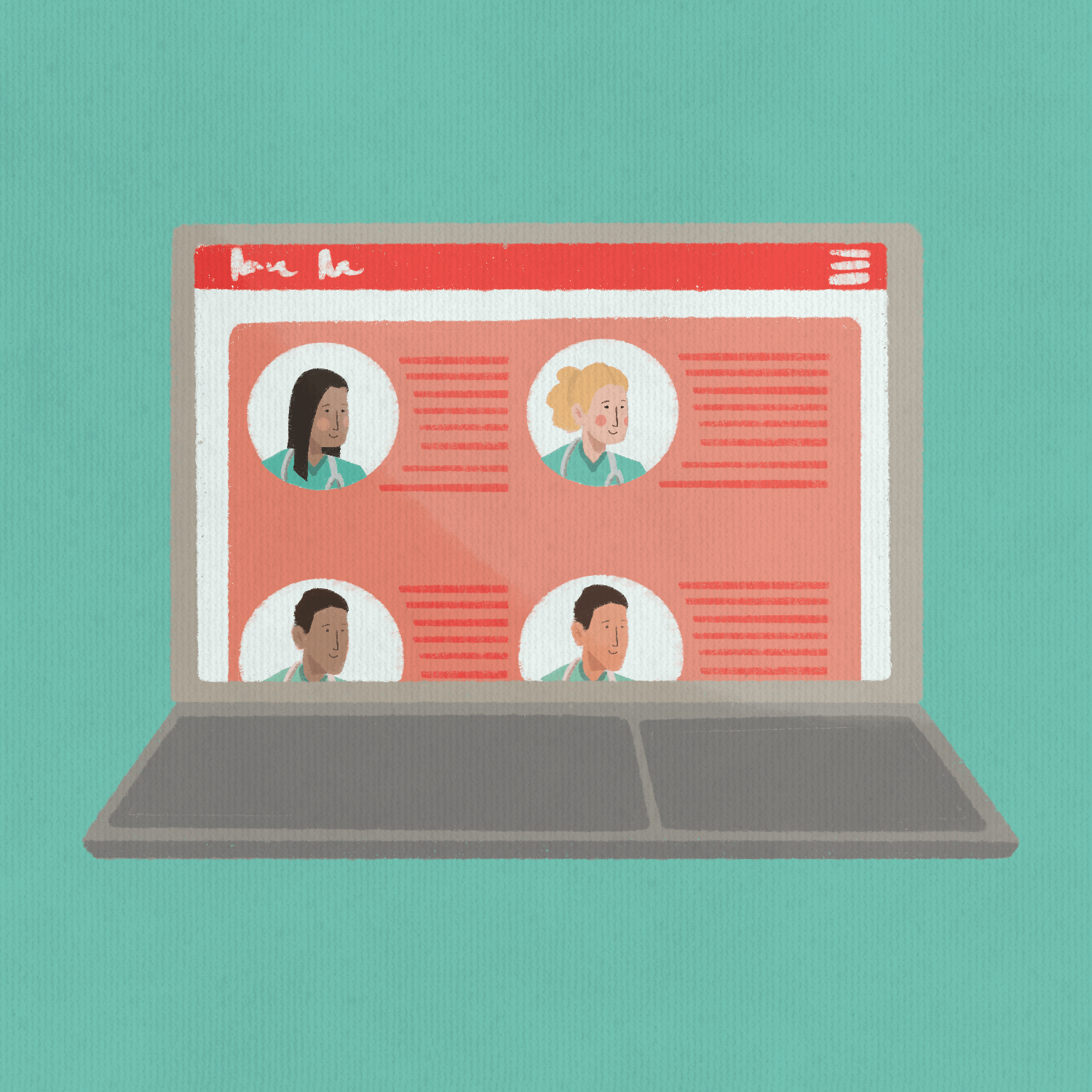
Decisions and Planning
Prenatal Classes
You may not be ready for prenatal classes just yet, but exploring what’s available out there can be helpful. Have you heard of the Connecting Pregnancy Program option? It’s offered by the Family Practice Maternity Service at BC Women’s and the South Community Birth Program in Vancouver. This program is all about group care and support, connecting you with other soon-to-be parents and healthcare providers who can guide you through the challenges of pregnancy. It’s a chance to meet new people and get the help you need. If this sounds interesting, check out this program, the resources on prenatal classes and talk to your maternity care provider for their recommendations too.

Decisions and Planning
Thinking Ahead
Looking for childcare is something a lot of expecting or new parents talk about. Many people start early to find a spot that suits their needs. The City of Vancouver provides information on childcare options, in particular programs offered by community centres. West Coast Child Care Resource Centre has a list of available childcare options and provides updates and articles. The BC Government has started a plan to reduce fees. It might take some time and exploration to find the right fit for you, your timing, and your family.

Tests, Labs and Appointments
Regular checkups and tests are important for both you and your baby's health during pregnancy. We've got you covered with a guide that breaks down what you can expect in the coming months. Consider it your roadmap to staying on top of your health and ensuring a smooth journey.
Tests, Labs and Appointments
Healthcare Visit Schedule
“Badai ho,” “Mubarak,” “Félicitations,” and “Congratulations!” We’re here to walk you through your early pregnancy visits. While the specifics may differ based on your healthcare provider, clinic, and timing, here’s a general idea of what to expect.
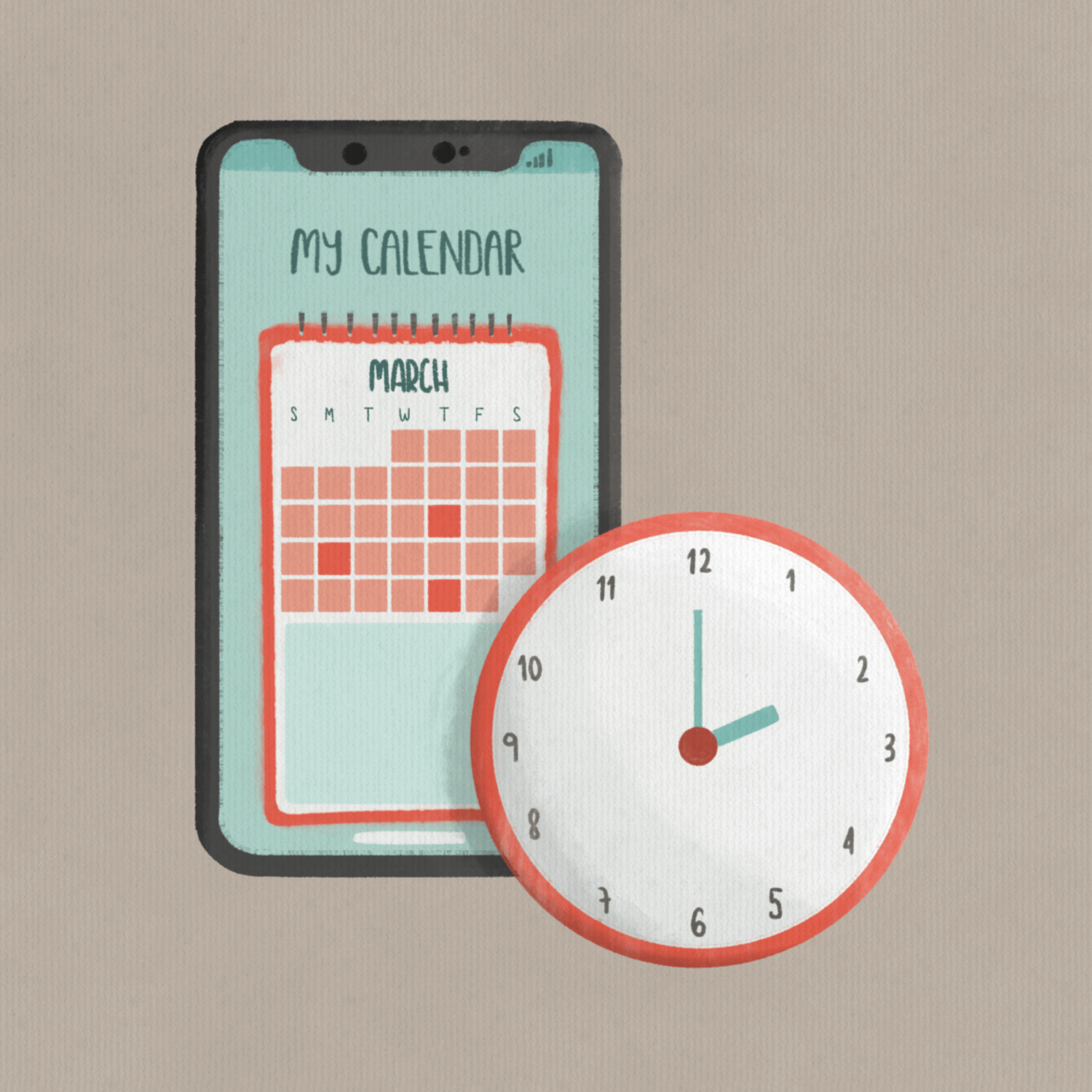
Tests, Labs and Appointments
Screening and Tests
Here are the tests you’ll be asked about in early pregnancy:
Blood Tests – In this stage, blood work is done as part of routine care. Your healthcare provider will explain what they’re checking for based on your situation.
Dating Ultrasound – Around 7-11 weeks, you’ll have an initial ultrasound to determine a more accurate due date for your baby. It’s a special moment when you might even see your little one for the first time!
Genetic Screening – As early as the first trimester, genetic testing can help identify certain potential risks. Remember, genetic screening tests are optional, and the decision is entirely yours.
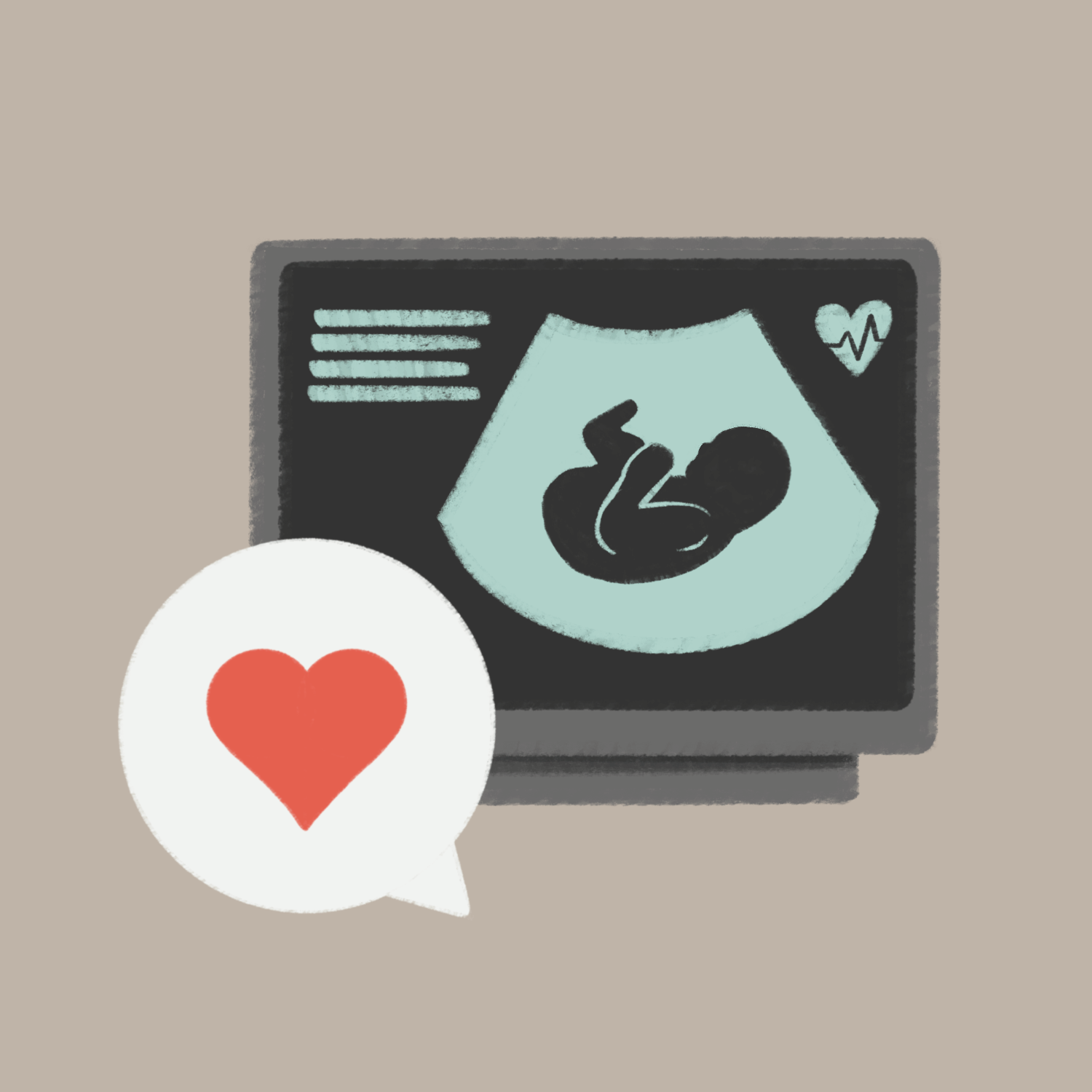
Tests, Labs and Appointments
Prenatal Classes
You may not be ready for prenatal classes just yet, but exploring what’s available out there can be helpful. Have you heard of the Connecting Pregnancy Program option? It’s offered by the Family Practice Maternity Service at BC Women’s and the South Community Birth Program in Vancouver. This program is all about group care and support, connecting you with other soon-to-be parents and healthcare providers who can guide you through the challenges of pregnancy. It’s a chance to meet new people and get the help you need. If this sounds interesting, check out this program, the resources on prenatal classes and talk to your maternity care provider for their recommendations too.

Tests, Labs and Appointments
Thinking Ahead?
Curious about your recommended visit schedule during pregnancy? We have detailed information for each phase of pregnancy on our website. Simply click on the next phase to learn more about what to expect at each visit. We want you to have all the info you need to feel confident through your pregnancy! Take time to explore our resources and speak with your primary care provider.

Tests, Labs and Appointments
Maternity Programs and Services
Our website offers essential information to support you throughout your journey. In addition to the services available on our platform, you may also find further support through resources like Pathways BC and BC211.

Self Care
Creating the time and space for self-care can sometimes be challenging. We have the resources you need to make taking care of yourself as easy as possible during pregnancy.
Self Care
Your Mental Health
You will undergo changes in pregnancy. Remember, your mental health is just as important as your physical health during this time! Your maternity provider can help assess and support both aspects. For many, cultural practices and traditions can give meaningful support. In addition to exploring the resources here, you might also consider contacting your community, elders or leaders for guidance. We hope these resources will be helpful on your journey.

Self Care
Supplements, Vitamins, and Medications
When you’re pregnant, your body changes, and so might the foods you like! If you’re a vegetarian or thinking about becoming one, eating the right foods is essential to stay healthy. Our resource on vegetarian diets has tips on what foods are best for you. Choose foods with iron every day to help your body. Berries, citrus fruits, peppers, broccoli, and tomatoes have vitamin C, which helps your body absorb iron. Remember, eating a mix of different foods is important for a healthy pregnancy. If you happen to be vegetarian or you enjoy diverse ethnic cuisines, there are lots of options. Check out Canada’s Food Guide for First Nations, Inuit, and Métis as well as our list of pre-pregnancy resources for more information.

Self Care
Food and Nutrition
During pregnancy, it’s important to avoid certain foods. Raw fish, like sushi, can contain harmful bacteria and parasites. But don’t worry! You can still enjoy cooked options like California rolls or vegetable rolls. If you have any concerns, talk to your healthcare provider. See our resources to learn more about food and nutrition during pregnancy.

Self Care
Substance Use
No amount of alcohol is safe to drink during pregnancy because of the harmful impacts on the baby. The choices you make during pregnancy are important, so we have resources to support you and give you the information you need. Even though it might be hard to talk about at first, it’s important to share your concerns and questions with your maternity provider. They are there to make sure you and your baby are as healthy as possible.

Self Care
Thinking Ahead?
In our “Taking Care of Yourself” sections, we’ve gathered resources for every stage of pregnancy. However far along you are, you’ll find lots of information and options. These resources include tips on nutrition, exercise, mental health and self-care. We want you to feel your best in every way through your journey! Check out the resources we’ve gathered just for you.

FAQs
Want to know all about common questions and concerns in early pregnancy? We've got you covered! Discover what you can do to feel your best during this exciting phase.
FAQs
Discomfort and Pain
Experiencing discomfort and pain in early pregnancy is usually quite normal. Symptoms like morning sickness can be tough, but there are resources to help you handle them. The great news is that most of the time, these symptoms calm down. By staying informed and taking steps to manage discomfort, your pregnancy can be more comfortable. This way, you can focus on the important things in life, like connection, joy, love and other beautiful experiences. Explore our resources on common discomforts and tips for managing and easing these symptoms.

FAQs
Complications in Pregnancy
Although most pregnancies go smoothly, sometimes complications can happen. This is even true during the early stages. One common complication is miscarriage, which can sometimes occur before you even know you’re pregnant. You can learn more about this topic here.
To help you have the best possible outcome, we’ve gathered information on common complications during early pregnancy. You’ll also find steps you can take to lower your risk. It’s important to stay informed and contact your healthcare provider for support when needed. They’re here to help you and your baby stay as healthy as possible.

FAQs
Health Coverage and Benefits
In BC, new parents can take up to 12 months of maternity leave. If both parents choose to take leave, they can split it for up to 18 months and receive the same benefits. If you receive maternity care from a Family Doctor or Registered Midwife in BC, it is covered by the BC Medical Services Plan (MSP). You must have an active BC Medical Services Card to be eligible for MSP coverage during pregnancy and after giving birth. To learn more about MSP coverage or maternity and parental leave in BC, explore our helpful resources and connect with your maternity provider. There is a lot to consider, so knowing your options early can be helpful.

FAQs
Thinking Ahead?
Check out our resources on common questions and concerns during the next stage of pregnancy. For example, does diabetes run in your family? If so, information on gestational diabetes, a common condition during pregnancy, might be helpful for you. Look through our resources and get ready for what’s to come!

Find A Maternity Physician
Check In With Your Pelvic Health
Take a few minutes to learn more about your body. This short, interactive quiz helps you understand your pelvic floor health and guides you to resources for every stage of pregnancy and postpartum.


